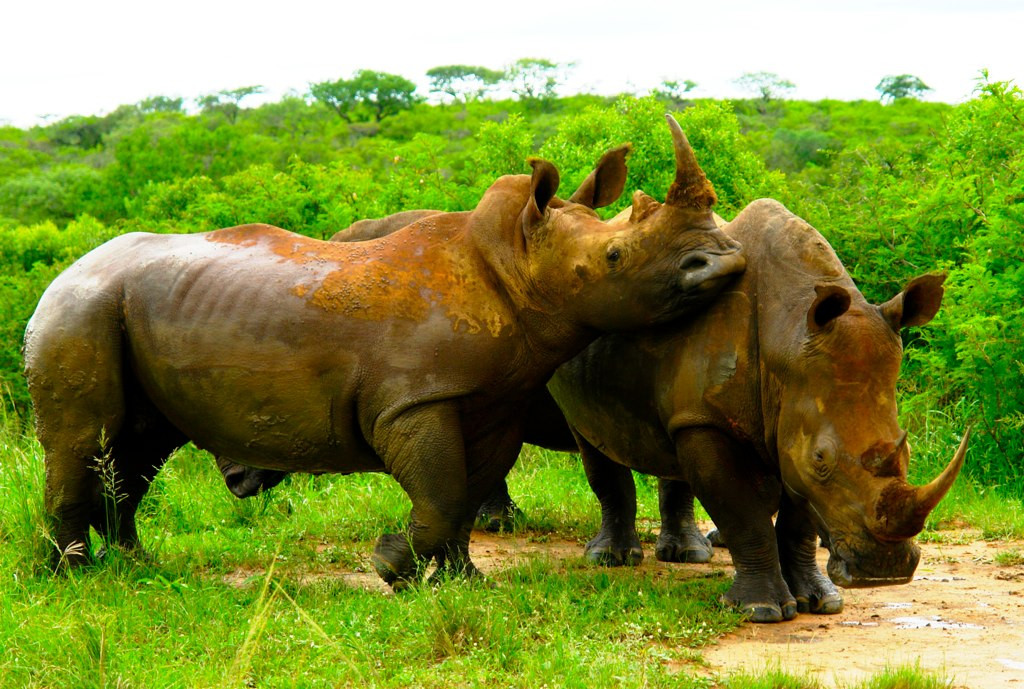To eradicate wildlife crime in Kenya, we must fight it on the ground

At the Illegal Wildlife Trade (IWT) conference on 11 and 12 October 2018, global leaders and senior officials will gather in London to talk about the rampant trafficking of ivory, rhino horn and other wildlife products. Will all the talking translate into action this time? Because the organised crime groups that profit from the multi-billion-dollar market in illegal wildlife products don’t care about toothless commitments and pledges.
The magnificent wildlife that supports Kenya’s booming tourism industry is more valuable to criminals dead, hacked to pieces and packed into shipping containers heading to Asia than alive and roaming free across the savannah. The same is true throughout Africa for endangered rhinos, elephants, pangolins, big cats, turtles, fish, snakes and so much more.
The brains behind the trafficking of illegal wildlife products don’t need to be too clever. It is simple supply and demand, and it can be extremely lucrative. Plus, even Kenya’s comparatively strict wildlife laws are not a great deterrent in practice. You can get life imprisonment for smuggling cannabis but get off with a fine for possession of a game trophy.
On the supply side, there have been productive efforts in Kenya to combat poaching. On the demand side, large amounts of wildlife commodities have been seized in or en route to Asia and the Middle East. How many of these seizures have led to convictions in Kenya? Zero. That is shameful, because porous land borders and impunity at ports have made Kenya the route of choice for illegal wildlife products from as far away as South Africa.
Many obvious things we can do to stop wildlife trafficking are not being done efficiently or systematically due to a lack of resources and capacity on the ground. Financial investigation, for example. Traffickers need to make payments to rent properties and shipping containers or book berths on vessels. Businesses can provide cover for moving large amounts of money and commodities without attracting attention. These leads can and should be pursued through smarter collaboration between banks and law enforcement.
Technology is another area that investigators and prosecutors need to embrace and understand. Criminals don’t meet in darkened rooms these days – they use their phones to strike deals, agree sums and organise logistics. Not to mention those who give themselves away on social media by posting selfies and flaunting their wealth.
Thirdly, international collaboration desperately needs reinforcing. How many more traffickers would get locked up with better collaboration between law enforcement agencies in the countries of poaching, transit and destination?
Those of us who care about the destruction of Africa’s wildlife – and the livelihoods that depend legally on it – are hoping that London’s IWT conference will not simply be another opportunity for tea and a chat. We want to see more resources channelled into joined-up activities that really make a difference on the ground. That means practical, expert mentoring to build capacity and streamline a disjointed intelligence system. It means supporting local law enforcement agencies with whatever they need to more effectively investigate and prosecute wildlife crime. And ultimately, to prevent the devastation of our continent’s endangered flora and fauna for personal gain.



